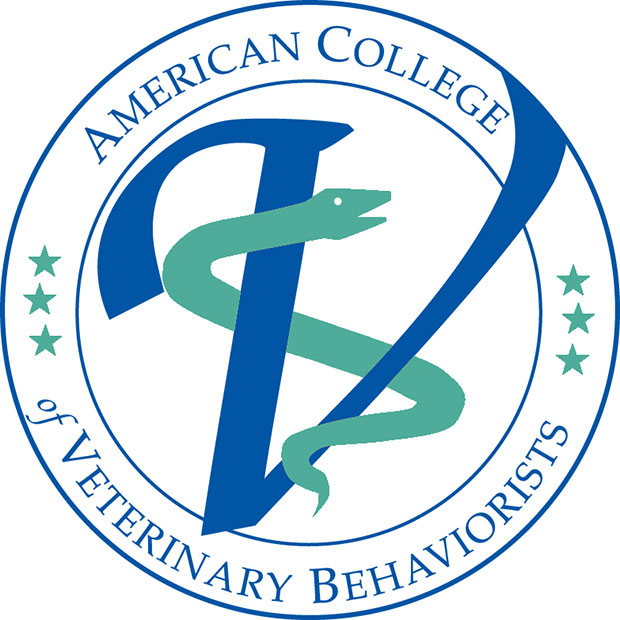
Done with Dog Daddy

By Coco Lederhouse October 16, 2023
Outfitted in a flashy Gucci tracksuit and sunglasses, and often seen walking beside his German Shepherds, Augusto DeOliveira, also known as “The Dog Daddy,” certainly commands attention.
Augusto DeOliveira “The Dog Daddy”, has gone viral on social media for his ability to control dogs. However, numerous behavioral science organizations, including the American College of Veterinary Behaviorists (ACVB), are warning owners that aversive training methods can be dangerous.
His dog training practices have caught the attention of concerned animal welfare groups, trainers, veterinary behaviorists, and pet owners. On September 13, the American College of Veterinary Behaviorists (ACVB) issued a statement expressing serious concerns regarding DeOliveira’s training practices and warning of the damaging effects that his methods could have on dogs.
“The training methods we see in the videos are using physical force or correction,” said Dr. Kelly Ballantyne, president of the ACVB and medical director at Insight Animal Behavior Services in Chicago. “We know that those methods are a big threat to animal welfare, they have a high risk of causing or increasing fear, panic, and aggression. They also put the handler and any of those people nearby at high risk for a bite.”
Instead, Dr. Ballantyne advocates for teaching animals through the reinforcement of desired behaviors and managing their environment to prevent undesired behaviors.
While aversive techniques may appear to stop a “bad” behavior, she explained that the effectiveness of the intervention isn’t determined by what happens in the moment, but if the behavior is changed over time. The American Veterinary Society of Animal Behavior issued a position statement in 2021 on humane dog training that advises against aversive training methods.
Video clips on social media are just a snapshot in time, and it’s “pretty easy to get swayed by the quick fix,” Dr. Ballantyne said.
Zak George, an evidence-based dog trainer and educational content creator, has been a strong opponent of DeOliveira’s training approach. George has organized peaceful protests at DeOliveira’s appearances around the U.S. and worked to raise awareness among pet owners.
“Our collective aim is to illuminate the dangers and inefficacies of inhumane training techniques,” George said. These techniques create an atmosphere of mistrust between dogs and their owners, and are associated with increased behavioral issues and aggression, he explained.
Several other organizations, including the Animal Behaviour and Training Council and the Royal Society for the Prevention of Cruelty to Animals raised concerns about DeOliveira’s group training sessions in London earlier this summer.
Similarly, the Association of Professional Dog Trainers and the Pet Professional Guild Australia issued a statement in response to DeOliveira’s training techniques.
Both George and Dr. Ballantyne warned of trainers who use outdated language like “dominance” or “alpha.” Dominance theory, based on the perceived dynamics of a wolfpack, has been debunked even in wolves, Dr. Ballantyne explained. Using those terms to explain a dog’s actions is not supported by current scientific consensus on dog behavior.
“The issue we’re confronting in the dog training community isn’t confined to any one individual like Augusto DeOliveira,” George said. “His practices, unfortunately, aren’t outliers; they’re part of a troubling pattern prevalent among a significant number of trainers employing antiquated and harmful methods.”
In the current “buyer beware” environment, accountability is a challenge, George said. Many owners aren’t equipped to identify harmful practices, he added, “[They are] often misled by trainers who have mastered the art of pseudoscientific rhetoric. That’s why it’s imperative to rely on trainers who employ evidence-based, force-free methods—endorsed universally by reputable behavioral science organizations.”
Veterinarians play a key role in helping to guide clients towards trainers who use appropriate methods and are knowledgeable about dog behavior. The American College of Veterinary Behaviorists has information about choosing a dog trainer, U.S. dog training organizations with certification options, and a list of animal behavior profession.
© 2023 American Veterinary Medical Association All rights reserved


Leave a Reply